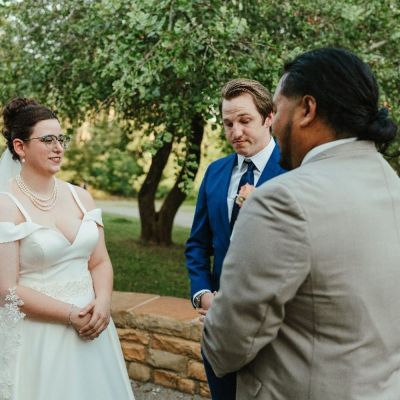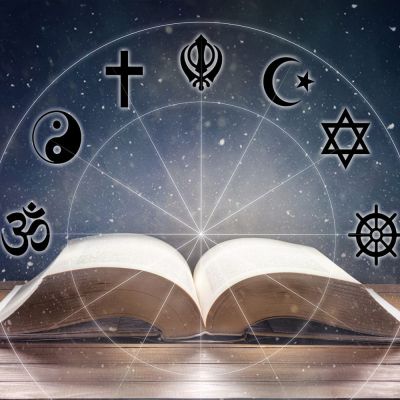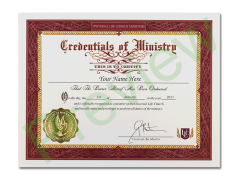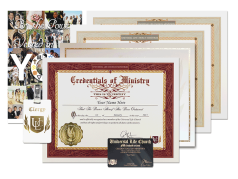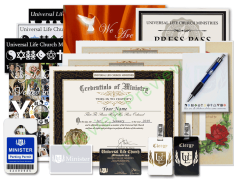Find an Ordained Minister Near You
Do you need to find a minister to preside over an upcoming ceremony? Whether you require a minister to perform a wedding, preside over a baptism, solemnize a funeral, or perform other general ministry duties, you will be able to utilize the advanced search tools on this website to find exactly who you are looking for. Get Ordained™ has created a comprehensive database of legally ordained ministers willing and able to assist you with any religious or spiritual need you may have.
For the first time ever, folks will now have the ability to find the perfect minister for their needs or occasion at their fingertips. Once you've identified a minister who you think would be a good fit, you can visit their ordained minister profile page to read more about them. If it's a match, you will be able to make direct contact with that person directly via the contact form located inside this tool.
You can begin that search immediately below. Further down on this page, you'll also find some other ways to explore this incredible database by beginning your hunt based specifically on your location, beliefs, or the type of service you require assistance with. If you're someone looking to become an ordained minister for yourself, you can learn more about that process here or simply fill out our online form.
To find a minister of your own, start by specifying your location, desired religious service, and your preferred budget. From there, the tool will display for you a range of ministers meeting those criteria. You will also have the ability to further narrow down this field by specifying your religious/spiritual beliefs to ensure that your personal faith convictions will closely align with those of the ministers you see.
Notice:
You have not yet become ordained. Once you are ordained, you will be legally recognized as a minister nearly everywhere, and you'll be able to perform any ceremony that requires a minister or priest including weddings, funerals, or baptisms. The process is free and only takes a few minutes.
Please, take a moment and get ordained right now.

